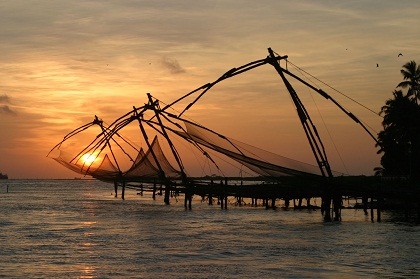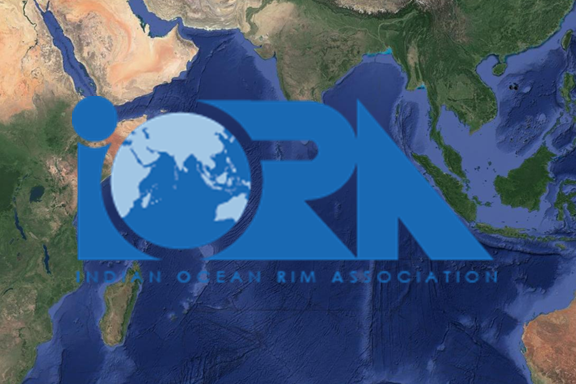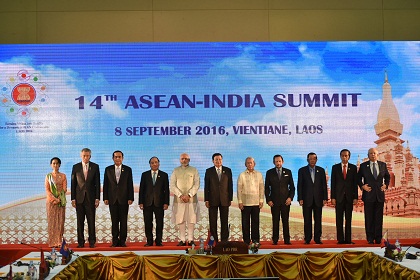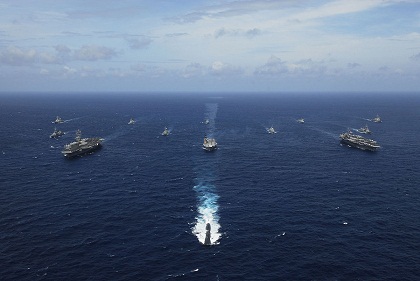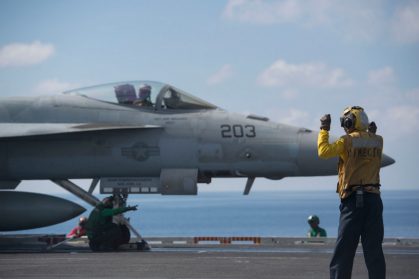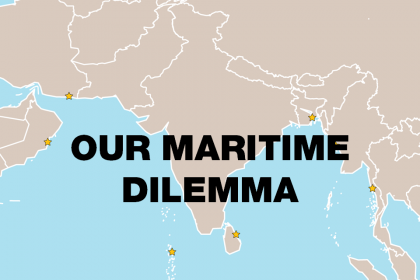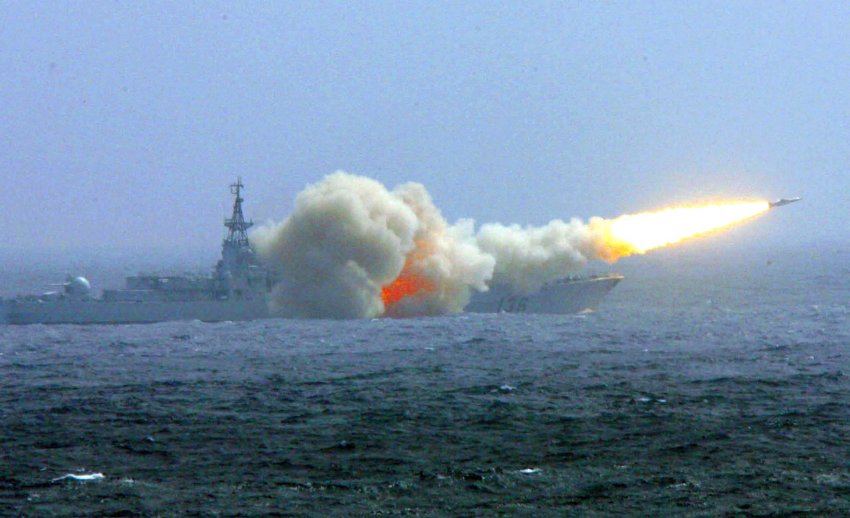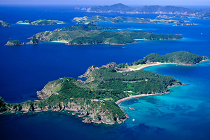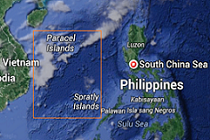Keeping maritime Asia on course
The Oceans Dialogue 2017, held last month in Thiruvananthapuram, devoted itself to aspects of ocean governance, such as security management, combating terrorism, depletion of marine resources and providing disaster relief, serving as a precursor to the UN General Assembly’s Ocean Conference in June

